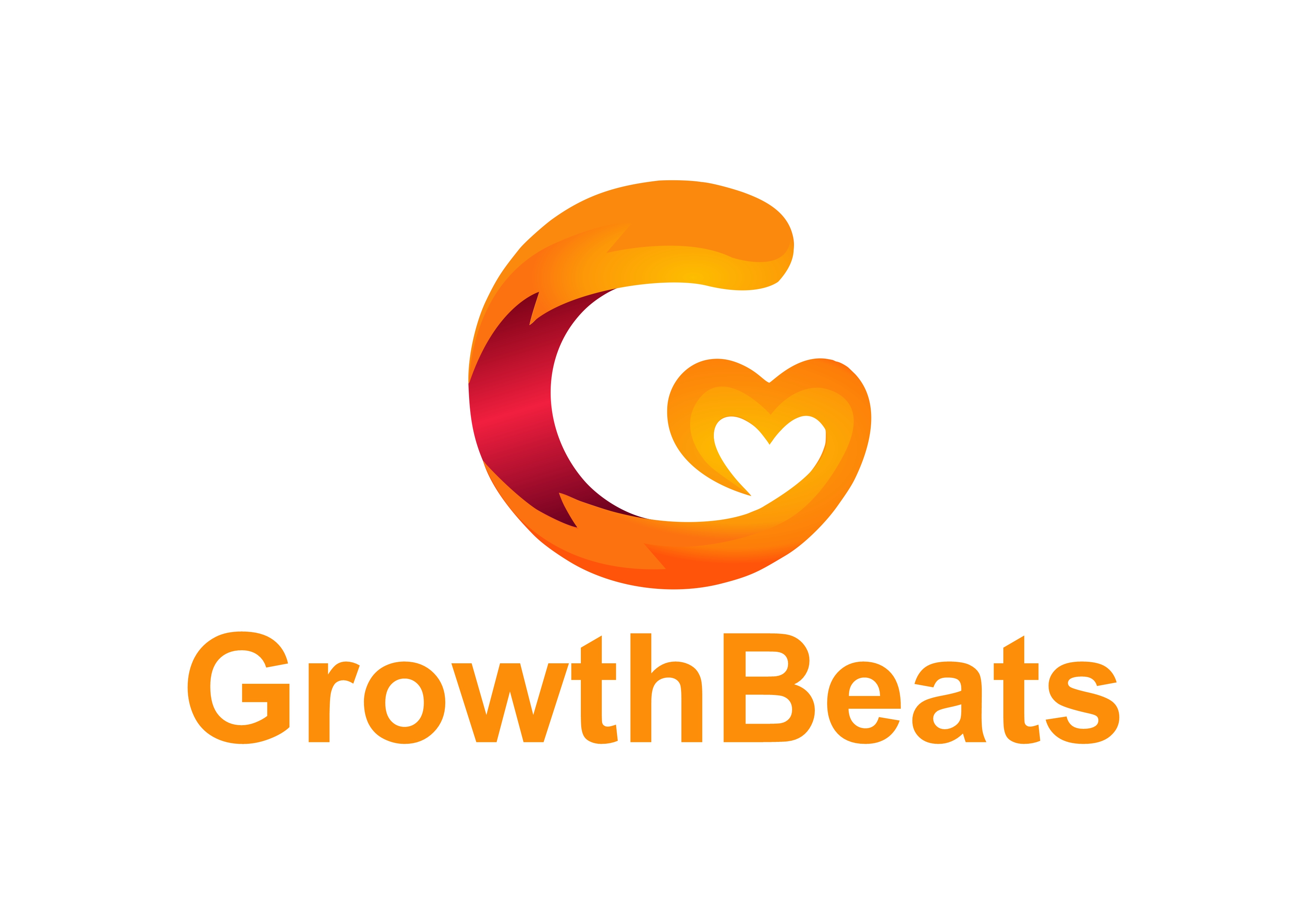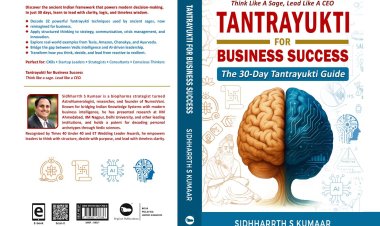How to start a career as an Artificial Intelligence Software Engineer in 2021
New Delhi [India], July 21: According to the World Economic Forum, 133 million new jobs will be created in the area of Artificial Intelligence (AI) by 2022. Demand and growth for jobs are forecasted in three key areas, including data analysts and data scientists, AI & machine learning specialists (including AI software engineers), and big […]


New Delhi [India], July 21: According to the World Economic Forum, 133 million new jobs will be created in the area of Artificial Intelligence (AI) by 2022. Demand and growth for jobs are forecasted in three key areas, including data analysts and data scientists, AI & machine learning specialists (including AI software engineers), and big data specialists.
Peak the Decision Intelligence Company, with software that embeds AI within an organisation across sales, marketing, planning, and supply chains to transform their decision-making. The company has seen rapid growth over the past 12 months, with new offices due to open in the USA and Pune (India), alongside expanding its Jaipur (India) and UK team. As a result, Peak is creating 150 new jobs globally this year, including roles in data science and AI software engineering.
Alongside data science, AI software engineering is one of the most high-profile jobs in the AI industry today. So, what are the top five skills that companies look for when hiring AI software engineering talent – whether that’s as a graduate or as a senior hire. Here’s our list:
- A background in a quantitative field, such as physics, mathematics, or statistics:
Starting with a strong quantitative background is often extremely helpful: a good intuition for mathematics and statistics is invaluable for practitioners working in AI. Those with strong core skills in these areas often find it much easier to stay ahead of innovations and build a career in this fast-paced sector. As Koushik Kulkarni (Head of AI Engineering at Peak) says, “If you try and foster some core skills in mathematics and statistics, with a bit of computer science on the side, it should make it easier for you to start your journey as an AI software engineer.”
- Hands-on experience with algorithms, data architecture, and database systems:
Building an in-depth practical and theoretical command of algorithms, data structures, design patterns, and product architectural design is a great place to start for any software engineer, and the same is true for AI software engineers, too. Working as an AI software engineer will mean working with several database and data processing technologies, such as RDBMS and NoSQL databases, as well as a range of ‘traditional’ and Machine Learning (ML) – flavoured algorithms, data structures, and design patterns. After all, building ML-based products requires a deep understanding of how to productionise ML using both conventional and ML-specific software practices. Companies will want you to master a number of these skills as you progress throughout your career. Having these core skills in place is critical to building great data and ML products!
- Knowledge of key programming languages:
To work in AI, companies look for both coding and debugging skills in languages such as R, JavaScript, Python and Go. Learning more than one language will always prove invaluable, as businesses look for multiple skillsets in an agile industry.
- Open and driven:
People who have successful careers in AI software engineering are naturally more open to novel ideas and cutting-edge technologies. It’s vital to stay informed and ahead of the curve when it comes to technological innovation, and if this comes naturally to you, it will put you ahead of the competition. As Koushik says, “the problems we solve at Peak are complex, real-world customer problems, working alongside cutting-edge technology that’s constantly evolving. This continuous change is an amazing learning opportunity, so keeping up to speed on the latest tech makes this role very interesting and exciting.”
- Creative problem solving:
Employers look for individuals with strong critical thinking and problem-solving skills, from the most inexperienced members of a team to the most senior hires. Those with strong problem-solving skills are invaluable and trusted members of any team – these are the people who create new ideas, better ways of doing things, and make it easier to save time and money for their customers.
Engineers today are bridging the gap between traditional software engineering and the emerging fast-paced world of AI. Keeping ahead and building a career in this high-profile sector requires a combination of hard technical skills and soft skills – ideally with multiple skill sets across both. If you have those skills, your future in this high-growth sector is secured for decades to come.
Peak is the Decision Intelligence company, and powers great commercial decision-making for the smartest companies in the world. Peak’s pioneering software platform embeds AI across sales, marketing, planning, and supply chains to transform decision-making and accelerate revenues, profits, and sustainability. Headquartered in Manchester (UK), Peak’s customer base includes Nike, KFC, PepsiCo, Marshalls, and Speedy Hire.
Peak’s customers have seen transformational results, including a 5% increase in total company revenues, a doubling of return on advertising spend, a 12% reduction in inventory holdings, and a 5% reduction in supply chain costs.
Peak has been named a Gartner ‘Cool Vendor’ in AI in retail and was also named in The Best Mid-Sized Companies to Work For 2021 with the Best Companies 3-star accreditation, which recognizes world-class levels of employee engagement. Peak is teamed up with Amazon Web Services (AWS) Advanced Technology and is ISO 27001 certified.


































